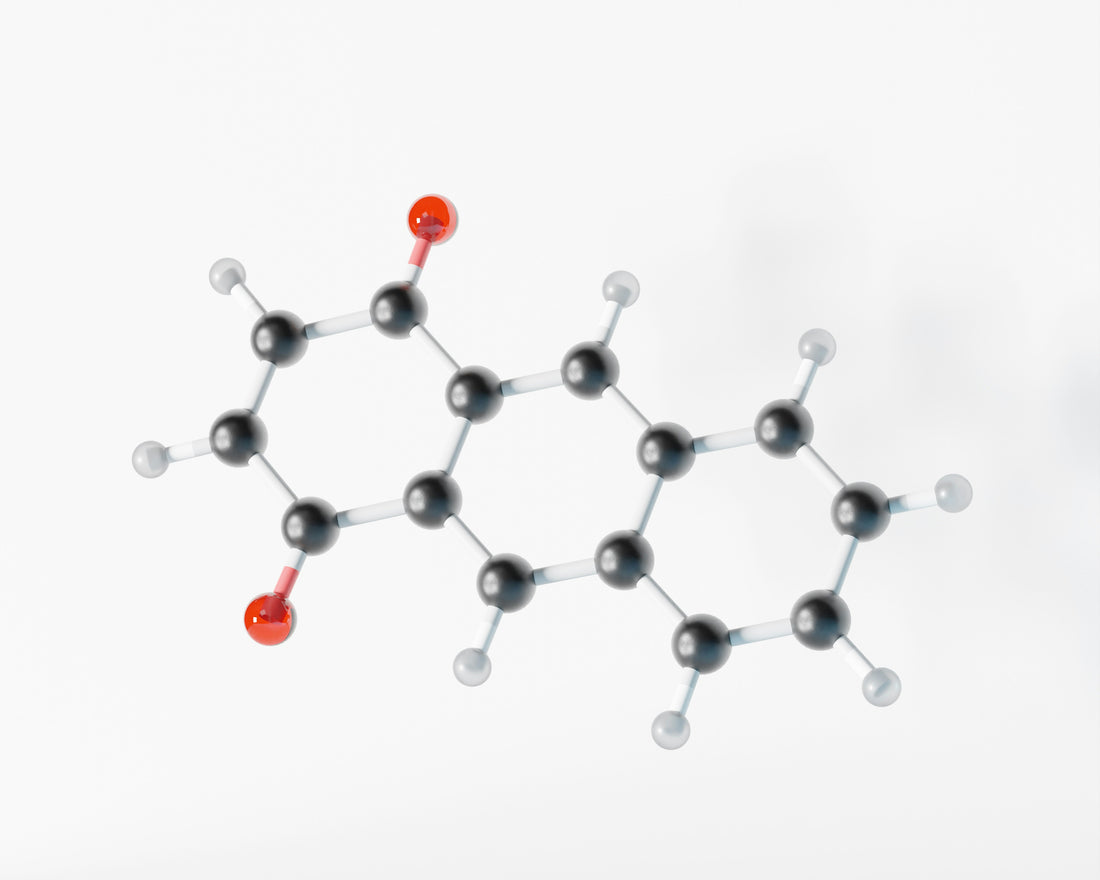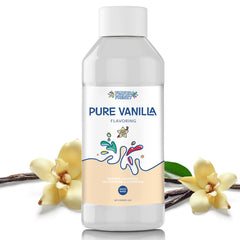Your Cart is Empty
Exploring Acetophenone: From Nature to Industrial and Pharmaceutical Applications

Acetophenone is a versatile natural compound found in various plants and foods, playing crucial roles in plant defense mechanisms and ecological interactions.
Its unique chemical properties make it a valuable ingredient in industrial and culinary applications, serving as a solvent, flavor enhancer, and fragrance component.
Additionally, acetophenone is essential in the synthesis of several pharmaceuticals, including medications for Parkinson's disease and other conditions.
However, its use is not without considerations, as it poses potential health risks such as skin and eye irritation and flammability concerns.
Recent studies have highlighted its potential in manipulating skin microbiota, particularly in vector-borne parasites found in animal-feeding insects.
With its diverse applications and natural occurrence, understanding acetophenone can reveal broader implications and uses, making it a compound worth further exploration.
Want to purchase acetophenone – Get your custom quote today!
See also our products:
Natural Occurrence and Function
Acetophenone is a naturally occurring compound found in various foods and essential oils. It occurs in foods such as apples, apricots, bananas, beef, and cauliflower.
Over 266 natural acetophenone compounds and derivatives have been identified in various plant species and fungi, showcasing their diverse biological activities.
Acetophenone is also a component of castoreum, the exudate from the castor sacs of mature beavers. It is present in numerous plant species and fungi, contributing to their aromatic properties, and is recognized for its role in plant defense mechanisms and ecological interactions.
The exploration of acetophenones has revealed their potential in medicine and science, highlighting the depth of possibilities in studying these compounds.
Note: The modifications are based on incorporating recent information and data from reliable sources, focusing on clarity, readability, and semantic optimization. The provided sources are integrated to enhance the accuracy and relevance of the text.
Industrial and Culinary Uses
Acetophenone's versatility has led to its extensive application in various industrial and culinary contexts. It serves as a solvent in plastics and resins, particularly in the production of coatings and inks. Additionally, it acts as a catalyst in the polymerization of olefins and as a photosensitizer in organic synthesis, enhancing chemical reactions.
In the culinary and personal care sectors, acetophenone is widely used as a flavor enhancer in foods and beverages, adding a naturally sweet and fragrant taste reminiscent of oranges.
It is also a common fragrance ingredient in soaps, perfumes, and detergents, providing a pleasant aroma. Furthermore, acetophenone is used as a flavor additive in tobacco products and as a masking agent to cover unpleasant scents in cosmetics and personal care products.
The global demand for fragrances and flavors, which includes acetophenone, is projected to continue growing, driven by consumer preferences for natural and aromatic ingredients.
Pharmaceutical Applications
In the pharmaceutical industry, acetophenone serves as a crucial precursor and intermediate in synthesizing various medications. Its versatility is evident in the production of several pharmacological agents:
- Bupropion is formulated as an antidepressant medication.
- Amfepramone (Diethylpropion) functions as an anorectic drug.
- Pyrovalerone is utilized as a neuropsychiatric agent.
- Zolpidem, Cinacalcet, and Oxiconazole are synthesized using acetophenone derivatives, demonstrating the compound's broad applicability in drug synthesis.
The significance of acetophenone in pharmaceuticals is further underscored by its role in developing novel therapeutic agents.
For instance, over 252 acetophenone derivatives have been identified, offering a wide range of biological activities such as anticancer, analgesic, and antidiabetic properties.
Moreover, acetophenone is used in the synthesis of pharmaceutical compounds that are integral to modern medicine, highlighting its importance in drug development.
Health and Safety Considerations
Acetophenone, a versatile compound used in the pharmaceutical industry, poses significant health and safety concerns.
Exposure to acetophenone can cause skin, eye, and respiratory system irritation, leading to symptoms like headache, dizziness, and nausea. High levels of exposure may affect the nervous system.
According to recent safety data, the ACGIH Threshold Limit Value (TLV) for acetophenone is 10 ppm averaged over an 8-hour workshift.
It is also flammable, necessitating careful handling to prevent fire hazards.
Proper ventilation and the use of protective equipment are crucial to minimize exposure risks.
Acetophenone has been classified as a hazardous substance that can cause acute and chronic health effects, including dermatitis and potential nervous system impacts.
To ensure safe handling, it is essential to follow strict safety protocols and use appropriate personal protective equipment (PPE).
Regular health monitoring and adherence to safety guidelines can help prevent the adverse health effects associated with acetophenone exposure.
Want to purchase acetophenone – Get your custom quote today!





